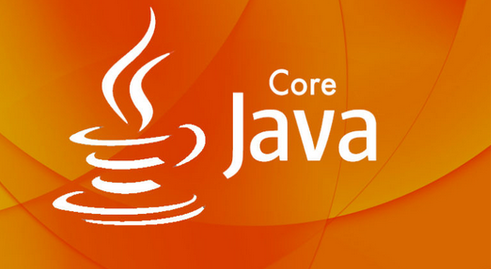The demand for full stack developer is growing as they are very valuable to an organization. They are masters in their niche. They are considered as all-rounders because they are expert in both front end and back end application development. We in this Full Stack Java Developer training module make you an expert in programming, designing, database, and debugging of websites and applications. Organizations has recognized that a skilled and experienced full stack developer is more effective and Prevoyance IT Solutions will help you achieve the same.
Now let's see what you are going to learn in this core java programming course.
After the successful completion of the training and project he/she will be awarded with training certificate/certificate of completion.
Students will create a dynamic web site. This project will be completed under the careful guidance of an experienced faculty. Working on this project will give students all the clarity they require in order to develop web applications in the software world.
